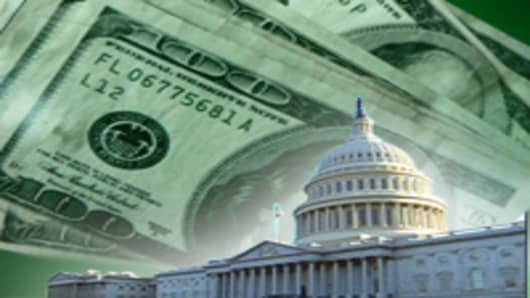Financial failure would be especially catastrophic for California, which has the eighth-largest economy in the world. Bredesen likened that scenario to the equivalent of several investment banks failing. He says if larger states go under, they might drag the smaller states down with them by causing the markets to tank and usurping valuable federal resources.
“It has huge impact on the competence of the financial markets of the states,” said Bredesen of the failure of individual states. “It can’t happen. We have to figure out how to prevent it.”
One bright spot for Tennessee is a rise in its citizens’ personal income, which could help to improve consumer confidence, and in turn, the state economy. According to a report released this summer from the University of Tennessee, nominal personal income in Tennessee will increase 2.8 precent in 2010 and as much as 4 percent in 2011.
The report also predicted that, while the worst is over for Tennessee, the state will not see economic activity return to pre-recession levels until 2012 or 2013.
“I tell people in the state here that in business you don’t earn your pay in the good years, you earn them in the tough ones,” said Bredesen.
Governors and legislators need to "rise to the occasion," said Bredesen, even if it means making tough and unpopular decisions, including further budget cuts and layoffs. “This is the time when we have to show what we’re made of,” he said, “And whether we can lead people through some difficult times.”
Look for Nicole Lapin's interview with Tennessee Governor Phil Bredesen on Friday, October 29 in her "States of Pain" report on "Worldwide Exchange,"5-6am ET on CNBC.






